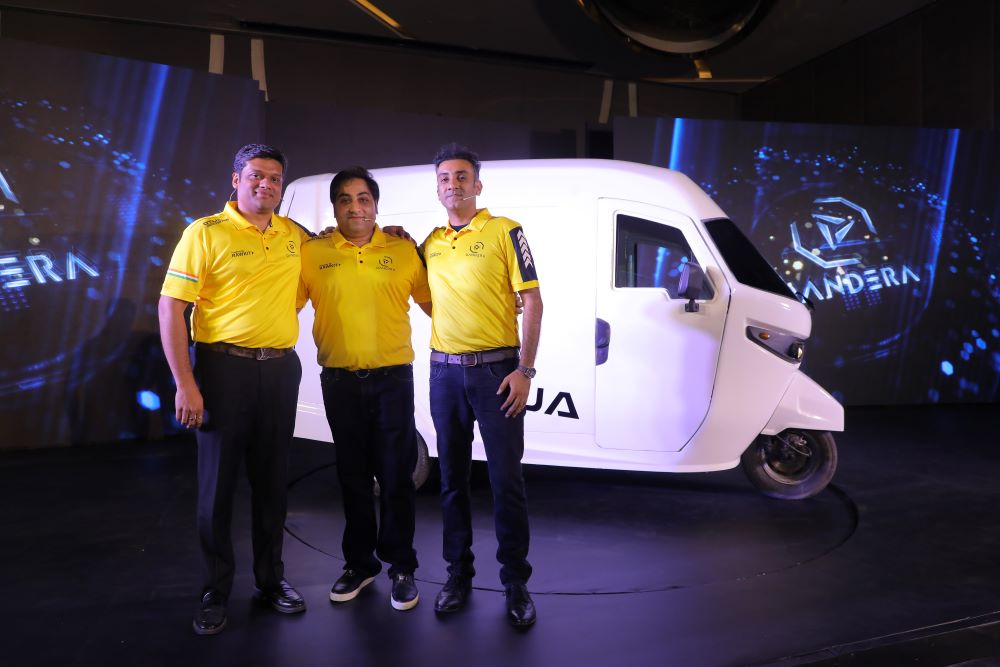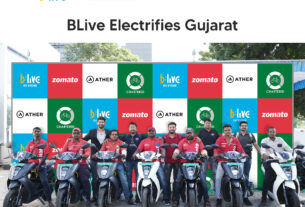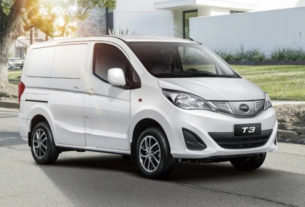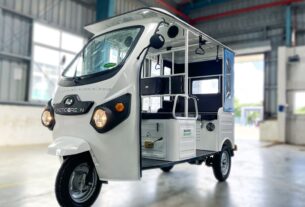OTUA is designed for use by logistics and last-mile delivery companies and independent delivery operators; offers highest performance, volume and load carrying capacity in the category
Sustainable Mobility startup Dandera Ventures has launched an all-new advanced cargo electric three-wheeler, OTUA. The cargo EV sports several industry-leading features, including highest volume, highest load carrying capacity of 900 KGs, and the longest range of 165 kilometres on a single charge. OTUA variants will be priced between ₹3,50,000 – ₹5,50,000 and will also be available on a subscription basis. The vehicle is targeted for use by logistics and last-mile delivery companies and will soon be available for retail purchase by individual drivers or owners in select markets across India.
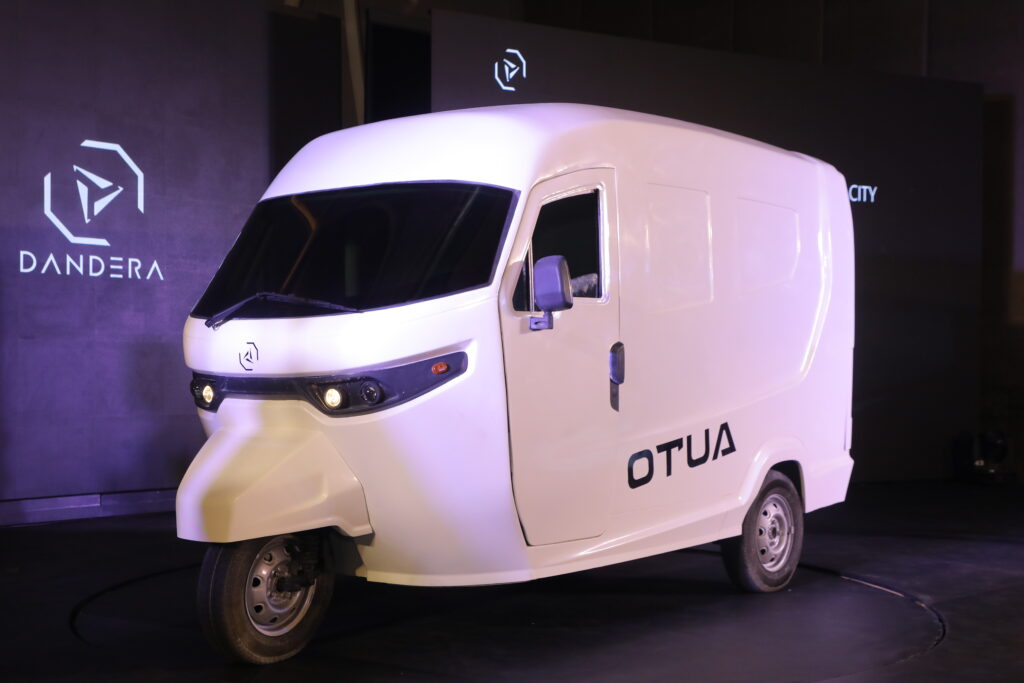
The launch of OTUA marks a significant milestone for India’s logistics and last mile delivery industry as it prepares for transition to sustainable mobility. OTUA has been designed completely from the ground up as an electric vehicle and is a 100% indigenous product, with all parts and components, including the batteries designed and manufactured in India. Dandera Ventures’ R&D division has designed and engineered OTUA’s battery and drivetrain with the single goal of surpassing both end-customer expectations as well as current industry standards.
Kshitij Bajaj, Founder and CEO of Dandera Ventures said, “OTUA raises the bar for everything that last mile delivery drivers and fleet owners have come to expect from a cargo EV. From world-class and industry-leading driver ergonomics and safety to outright performance in terms of range, volume, capacity; OTUA is the first cargo EV to offer an uncompromising vision of transitioning to sustainable mobility for the global logistics and last mile delivery industry.”
The Indian last-mile delivery and logistics industry is witnessing an exponential growth and is set to grow to a $5 billion market over the next couple of years. The industry is consciously moving towards electric vehicles and other sustainable mobility solutions as part of its efforts to reduce its carbon footprint.

Kanav Manchanda, Founder and COO of Dandera Ventures said, “Dandera is committed to not just support, but also fast-track the logistics industry’s transition to sustainable mobility with its industry-leading portfolio of commercial EVs. Both OTUA, and Dandera, have been developed to set new standards in the EV industry. Where the OTUA is primed to be India’s most sophisticated EV, its roll out is also planned in a manner that enables efficient adaptability. The future is ours for the taking.”
Dandera Ventures is a portfolio company of Xponents Venture Studio has raised capital from Xponents and its partners. Sarth Jain, Founder of Xponents said, “The launch of OTUA marks a major step in Dandera’s journey to develop a complete ecosystem for the transition of last-mile delivery logistics to electric vehicles, serving the needs for both B2B and B2C logistics. OTUA’s launch has the potential to fundamentally change the way intracity and in-city distribution is executed, the impact it has on our environment. The team at Dandera will continue to work on design innovation and developing newer technologies for more efficient and widely usable EVs.”
Founded in 2018, Dandera is a sustainable mobility-focused startup with a vision to develop and market world-class sustainable mobility products from the ground up. The Founders of Dandera, Kshitij Bajaj and Kanav Manchanda are senior industry professionals with decades of experience in automotive design, business management and operations between them.
India’s commercial EV market has seen rapid growth in recent years. Electric three-wheelers made up 47% of all three-wheelers sold in the previous financial year, as per an analysis by EVreporter magazine of the Indian government’s Vaahan database.
As per the Faster Adoption and Manufacturing of Hybrid & Electric Vehicles (FAME) policy in FY23 budget document, the Indian government is supporting the growth of the EV industry through subsidies, favourable regulations, and policies, 100% FDI approval, increased push for battery R&D, and improved charging infrastructure.


